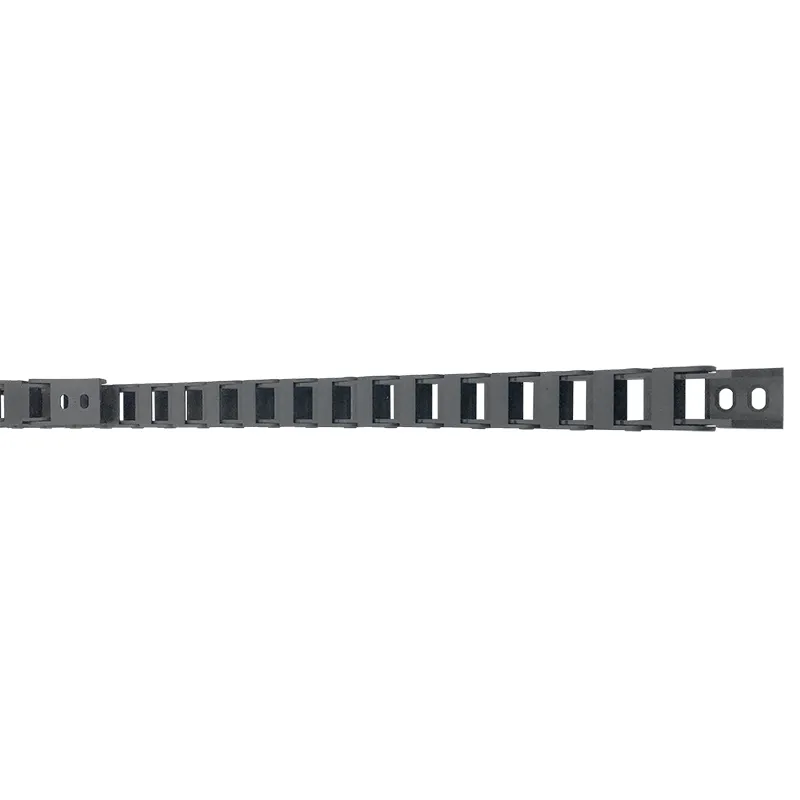Durable Bellows Solutions for Enhanced Protection of CNC Machinery Systems
Understanding Bellows for CNC Machines
CNC (Computer Numerical Control) machines have revolutionized the manufacturing industry by automating tasks, enhancing precision, and improving overall efficiency. One often-overlooked component of these machines is the bellows, which play a crucial role in protecting the internal components of CNC machines and ensuring their optimal performance. This article will explore the importance of bellows in CNC machines, their materials, and maintenance practices to ensure their longevity and effectiveness.
What are Bellows?
Bellows are flexible, expandable enclosures made from a variety of materials designed to protect moving parts of a machine, particularly in applications where dirt, chips, or coolant can cause damage. In CNC machines, bellows serve to cover guideways, ball screws, and other sensitive components, keeping them free from contaminants that could lead to wear or malfunction.
Importance of Bellows in CNC Machines
The primary function of bellows is protection. CNC machines are frequently exposed to a variety of harsh working conditions, including high-speed cutting, metal shavings, and coolant splashes. Without proper protection, these elements can gradually erode the precision and functionality of a machine. Bellows effectively block debris from entering critical areas, thus extending the life of vital components.
Moreover, bellows contribute to the machine's overall stability. They can absorb vibrations produced during machining operations, minimizing the effect of these vibrations on accuracy. Enhanced stability directly correlates to improved quality of the final product, which is especially important in industries such as aerospace, automotive, and precision engineering.
Materials Used for Bellows
Bellows can be crafted from a variety of materials depending on the specific requirements of the CNC machine. Common materials include
1. Rubber Known for its flexibility and durability, rubber bellows are often used in environments with moderate temperatures and exposure to water or lubricants.
2. Polyurethane This material offers excellent resistance to abrasion and is suitable for more demanding applications requiring high elasticity and strength.
bellows for cnc machine

3. Stainless Steel Used in high-temperature and high-pressure applications, stainless steel bellows provide superior protection against extreme conditions.
Each of these materials offers specific advantages, enabling manufacturers to select the appropriate bellows based on their machine’s operational requirements and working conditions.
Maintenance of Bellows
To ensure that bellows continue to function effectively, regular maintenance is essential. A few key practices include
1. Inspection Regularly check the integrity of the bellows for signs of wear, cracking, or tearing. Early detection of damage can prevent costly repairs and downtime.
2. Cleaning Dust and debris can accumulate on the outside of bellows, leading to potential transfer of contaminants into the machine. Use a soft brush or cloth to gently clean the exterior surfaces, ensuring that no particles make their way into sensitive areas.
3. Lubrication For bellows that are subjected to frequent movement, apply a suitable lubricant to ensure smooth operation. Avoid using harsh chemicals that could degrade the material.
4. Testing Periodically test the bellows for air leaks or deformation under load. Ensuring they maintain their shape and functionality is crucial for optimal machine performance.
Conclusion
Bellows may not be the most glamorous component of CNC machines, but their role in safeguarding critical parts cannot be overstated. By preventing contamination and ensuring stability, bellows contribute significantly to the longevity and accuracy of CNC operations. Understanding the materials, importance, and maintenance of bellows will not only enhance the performance of CNC machines but also reduce operational costs associated with repairs and replacements. As the manufacturing landscape continues to evolve, paying attention to such details becomes vital for sustained success in precision engineering.








